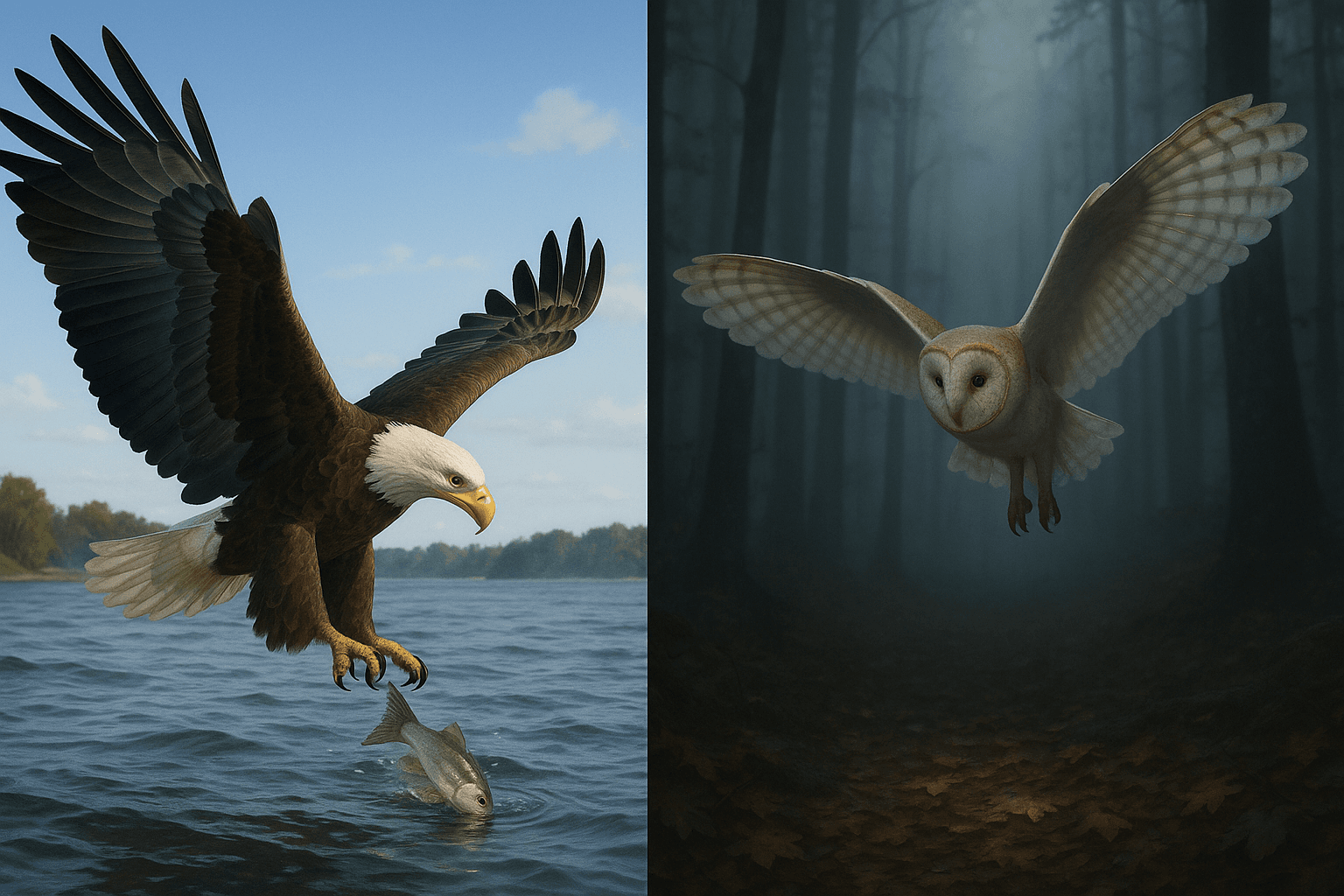Unseen Targets: The Nature of True Genius

Talent hits a target no one else can hit; Genius hits a target no one else can see. — Arthur Schopenhauer
—What lingers after this line?
One-minute reflection
What feeling does this quote bring up for you?
Defining Talent and Genius
Arthur Schopenhauer’s famous dictum draws a pivotal distinction between talent and genius. Whereas talent is marked by extraordinary execution—hitting what others miss but can still observe—genius transcends the visible altogether, aiming for possibilities unseen by contemporaries. This dichotomy invites us to interrogate not just what greatness achieves, but how it reimagines the very contours of what’s possible.
Historical Figures and Invisible Targets
Indeed, history is replete with examples that illuminate Schopenhauer’s point. Take Nikola Tesla, whose vision of wireless electricity was dismissed during his time, or Emily Dickinson, whose poetry anticipated modes of expression modern audiences would only later appreciate. In their era, their ‘targets’ were neither recognized nor understood—affirming that genius often forges ahead into unknown, invisible realms.
Imagination as the Engine of Genius
This transition from the visible to the invisible rests fundamentally on imagination. Where talent superbly refines established patterns, genius invents new paradigms. Albert Einstein’s theory of relativity, emerging from thought experiments rather than conventional measurements, exemplifies such conceptual leaps. The genius, then, is compelled by visions and intuitions unavailable to ordinary perception, mapping new territories for others to one day explore.
Cultural Reception and Misunderstanding
As a result, society's response to genius is frequently one of confusion or skepticism. Innovative thinkers often find themselves marginalized, their insights obscured by prevailing norms. Galileo Galilei, persecuted for asserting heliocentrism, illustrates how unseen targets can even provoke hostility. Only with time does broader understanding catch up, recasting the once-impenetrable vision as an obvious path forward.
The Enduring Value of Vision
Ultimately, Schopenhauer’s aphorism serves as a call to cultivate spaces for the unprecedented—to welcome those who see what others cannot. As history folds genius into the fabric of common knowledge, today’s invisible targets may become tomorrow’s shared achievements. Embracing this dynamic, we foster progress not merely by celebrating talent, but by nurturing imagination’s boldest reach.